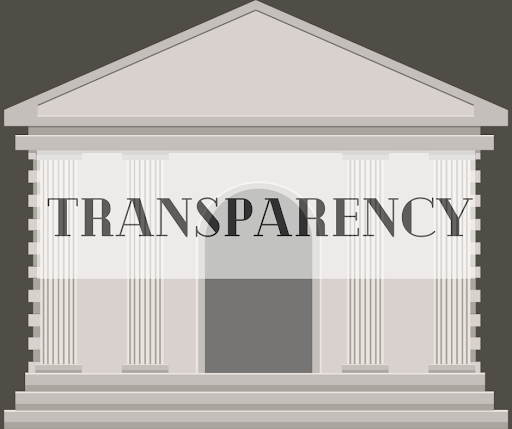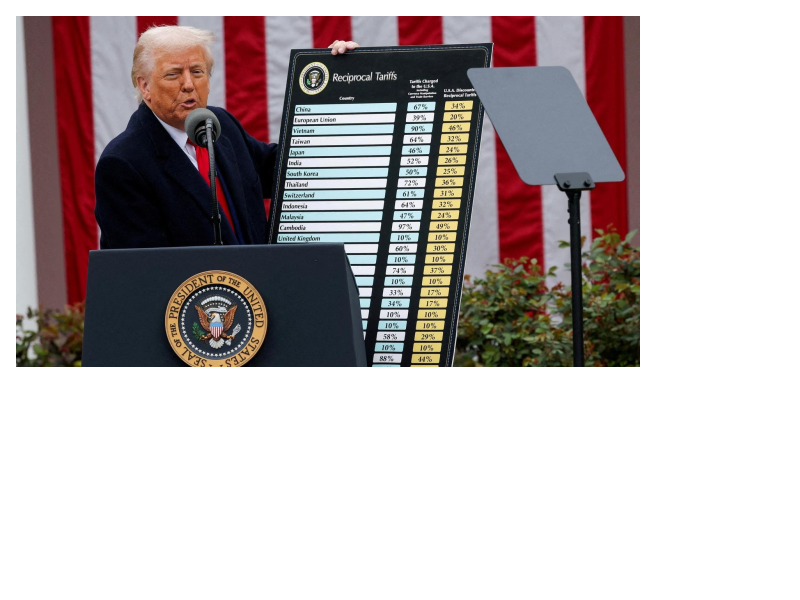Given the rapid pace of society’s digitalization, the issue of government transparency has become increasingly important. It curbs abuses in government power, fosters economic growth, improves trust in the government and enables citizens to make more informed decisions during elections.
Government transparency is how available information about governmental proceedings is to the general public. This includes proactive communication, the publication of financial data, and the provision of requested information. The only exceptions to this norm should be documents that truly are a matter of national security, which can be determined by independent third party contractors.
California is a great example of this, where they publicly disclose government workers’ salaries and pensions. The Nevada Policy Research Institute collects this data and makes it accessible on the Transparent California website. However, this isn’t always the case. Scandals like the Edward Snowden one, where an NSA whistleblower exposed the NSA for violating citizens’ rights, show just how important a transparent government is. If such government actions were public, public scrutiny and fear of losing reaction would lead to more careful oversight of the NSA.
Greater transparency also allows taxpayers to see how their money is being utilized. The World Economic Forum states that 42% of state-owned corporations experience financial irregularities. The government employs the widespread use of third party contractors to complete infrastructure projects, legal counsel, technological projects, and military operations. These contractors are notorious for overbilling the government, yet because of the necessity of the contractors, the government enforces no repercussions. The exact amount lost to corruption is unknown due to the lack of transparency, but one example is when the city of New York was overbilled $500 million dollars for an infrastructure project. However, by utilizing digitalization, the governments can record and publish all financial transactions, empowering taxpayers to hold their elected representatives accountable, and make informed decisions during elections. Governments can also use AI, blockchain, and other technologies to combat fraud and efficiently utilize taxpayer money.
According to the World Economic Forum, corruption imposes a staggering $2.35 trillion burden on the global economy annually. Corruption can happen in various methods, including governments overpaying contractors, and don’t enforce any repercussions, but also corporations bribing or lobbying politicians. This often causes the creation of monopolies, which are inefficient and hinders healthy competitions. With more transparency, such corruption would be harder to conceal, and government officials would act more selflessly as with public scrutiny their elected positions would be under threat. This would then in turn foster economic improvement.
Critics often raise concerns about the costs and time involved in implementing government transparency. While it is true there needs to be investments of time and money, the long term benefits will far outweigh any of these initial costs. The widespread adoption of digital tools simplified the enforcement of government transparency, as sharing information with the public is much easier, and the ease of tracking funds and documents has substantially improved. Increased transparency makes not only the government more efficient, as it allows governments to not overpay, and forces contractors work more efficiently.
Transparency can also increase the trust the public has in its government, making the public more cooperative, thus increasing the efficiency of the government.
A public that trusts in its government is more likely to get involved and engaged in government programs, providing advice and feedback, as it sees the government’s activities as legitimate. A transparent government allows the public to have the information to provide the feedback, and encourages officials to act on that, increasing the efficiency of the government.
This increased trust, stemming from transparency, in the government can lead to a more stable government. The Washington Post discovered that more transparent governments correlated with more stable governments in both democratic and non-democratic nations. Even in times of economic turmoil, high levels of trust in the government bolsters confidence in the democratic process, and assures the public that bad leaders can be replaced.
Government transparency should be the default governmental matters, and should only be forsaken in cases of serious national security. The economic benefits, reduction in corruption and abuse of power, increased trust in government and the provision of vital information to taxpayers for making better decisions during elections, far outweigh any downsides from any inefficiencies that stem from an increase in transparency.












